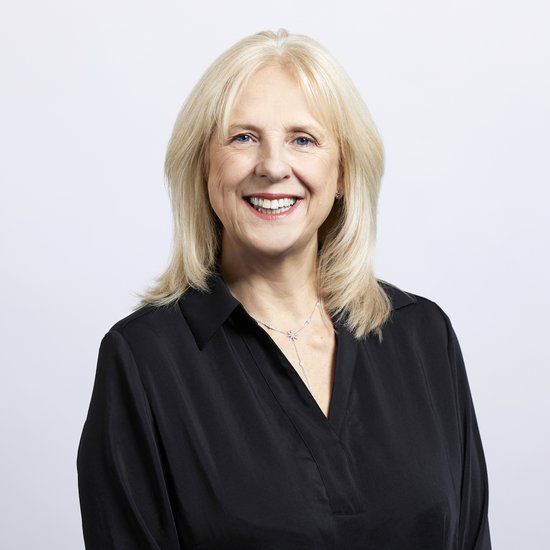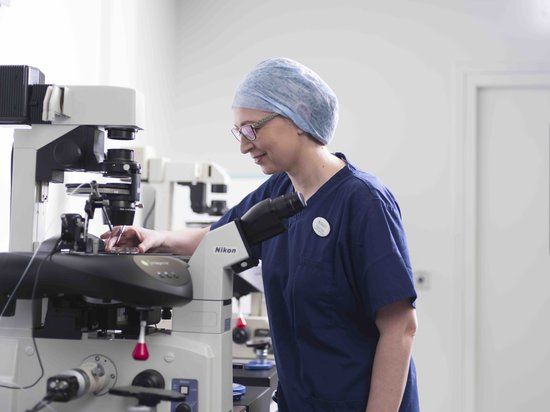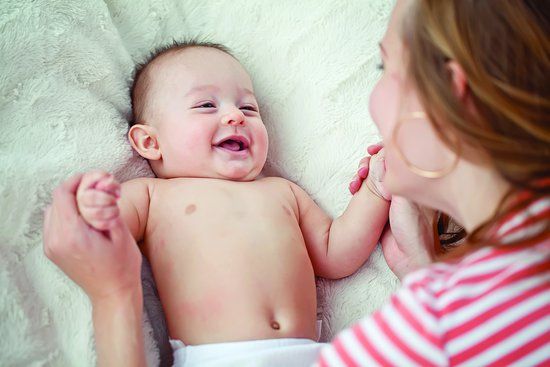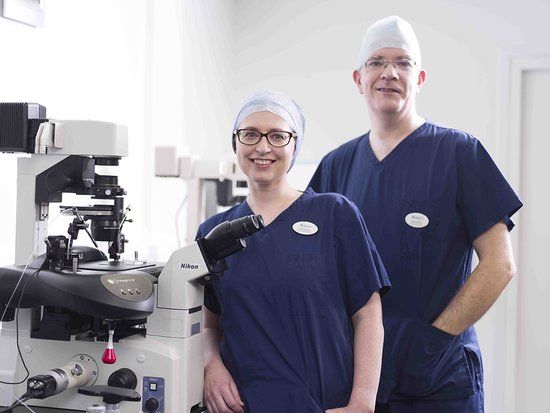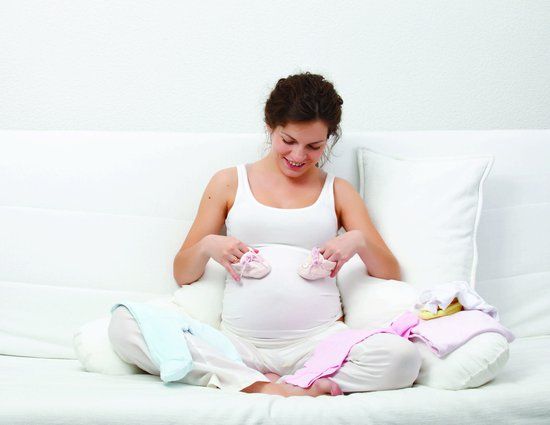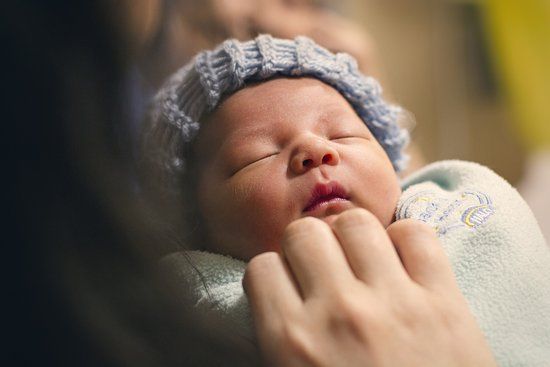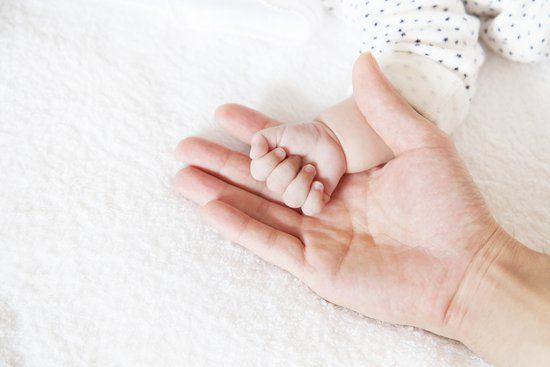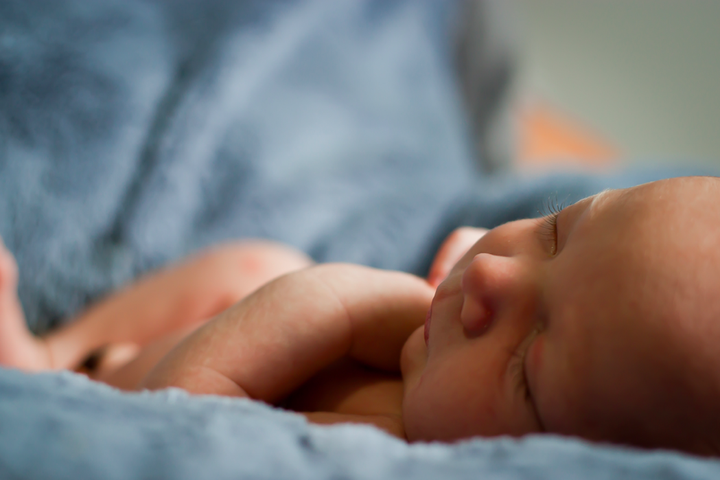
How many embryos do you think should be transferred for IVF success? A new study has shown that transferring just one embryo, rather than multiple embryos, is more likely to result in a full term baby of healthy weight regardless of whether fresh or frozen eggs are used.
The study – which used donor eggs to control factors relating to egg quality – analysed over 28,000 IVF cycles using fresh and frozen eggs.
Data showed electively transferring one embryo doubled the chances of a good obstetric outcome – defined as a single live birth of good weight at 37 weeks.
So how many embryos will be transferred when you have IVF with Manchester Fertility?
We decide embryo transfer numbers based on factors unique to you. Things like your age, diagnosis, previous IVF history and the quality of embryos for your cycle are all taken into account.
If you’re young and have a good prognosis of IVF success and good quality embryos, then Single Embryo Transfer is usually advised. The vast majority of cycles we carry out – 75% - are SET cycles.
What’s important when it comes to elective SET is embryo quality. You need to know that the single embryo we’re transferring gives you the highest chance of a healthy pregnancy and baby.
Our highly-trained embryologists use their considerable skill to identify the best quality embryo for your Single Embryo Transfer. Our embryo selection innovations and techniques include:
- Blastocyst transfer: Embryos are developed for longer in our laboratory, to an advanced cell stage. Only embryos that reach this stage are chosen for transfer. Blastocyst development is carried out at no extra charge.
- Optional EmbryoScope time-lapse video monitoring: You can choose to develop your embryos undisturbed in our EmbryoScope incubators. Time-lapse video footage shows us every crucial stage of embryo development, helping us to select only those embryos with the highest potential for pregnancy.
- Pre-Implantation Genetic Screening (PGS): If you have a history of previous failed IVF cycles or recurrent miscarriage, PGS may be advised. PGS analyses the chromosome numbers in your developing embryos – without harming the embryo. Only embryos with correct chromosome numbers are chosen for transfer.
- EmbryoGlue: EmbryoGlue is used at no additional charge for all embryo transfers we carry out. It helps the embryo adhere to the uterus for successful implantation and pregnancy.
Decisions about embryo transfer numbers are always reached in consultation with you. If you’re an older woman then multiple transfer may be the best option because of your age.
Regardless of how many embryos we advise, it’s important to remember that what we’re focused on is giving you a healthy pregnancy and a healthy baby.
If you’d like to have IVF with us, we have no waiting list. Speak to our Patient Advisors to get started on 0161 300 2737 or self-refer online.
Last updated: 10th November 2017

